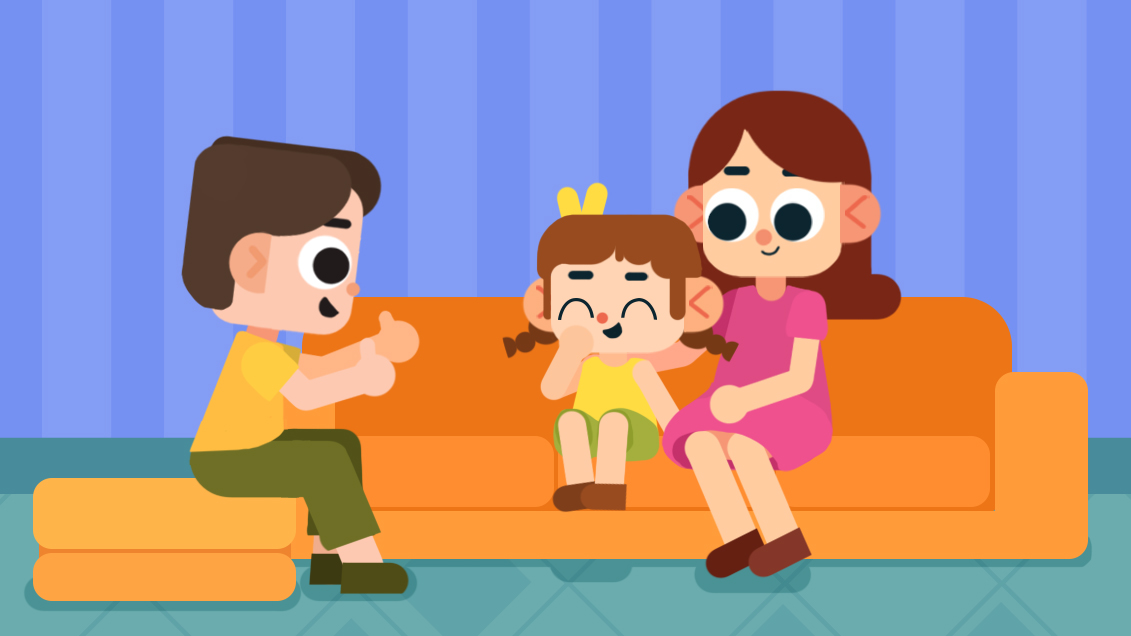Three Ways to Help Your Child Overcome Any Obstacle
by Thomas, Jun 22 2022
Parents are the first teachers of each and every child. We've said before here on CretaBlog that children begin life as a tabula rasa, a blank slate, on which parents lay the first coats of paint that form an image they will carry for life. It's a big responsibility. Like all big responsibilities, it can feel intimidating - where should we even begin? Read on for three areas you can focus on to help your child grow up strong, independent, and ready to take on the challenges life throws at them.
1. It's Okay to Fail
Believe it or not, children can be quite competitive. They like head-to-head and team-based challenges, and situations that let them test and demonstrate their skills. They like to win, and when they don't, are unsure how to react. Some children will shrug off defeat while others cry or get angry. This is, for them, exploration - 'how should I act when X or Y happens? I'll try A and B and find out.'
Left entirely to their own exploration, it's quite easy for some children to develop the idea that 'winning is good, and losing is bad; if I lose, I am bad.' After a defeat, it's important to affirm and encourage your child. Make sure they know they're still loved, that their efforts weren't for nothing. In short, that having tried is, itself, worthy of praise. Doing so builds your child's self-confidence and resilience, giving them the ability to try again when facing defeats and setbacks, and even the willingness to try in the first place.
A personal anecdote - even well into my teens, I was afraid of failure. It was debilitating, almost crippling, to the point I hesitated to try new things at all, because if I wasn't immediately good at them I might fail or be a disappointment, and then where would I be? This toxic mindset kept me from discovering many of my own passions and interests until well into adulthood; I can honestly say it held me back in a very negative way for a very long time. What's worse, it could have been curbed or stopped outright if my upbringing had been different.

2. Praise the Journey as Well as the Destination
Think of any pro sports game. When does the crowd cheer loudest? Whenever a goal is scored, of course. In this analogy, let's think of normal play as the 'journey' and scoring a goal as the 'destination.' Professional athletes have trained for years to develop their mental and physical skills to compete at the level they do; your child, of course, has not. They need your support as they learn to 'compete,' whether it's in their youth league soccer match, their growing interest in drawing, or geometry class.
Learning to find value in the journey as well as the destination - that is, to love the process as much as the result - starts with the parents. Some tasks have an obvious and short-term conclusion: a basketball game, or folding laundry. Others are long-term or less obvious: improving at dance, or studying math. Instilling in your child a love for the journey and a respect for the process will give them the inner strength to see longer, more difficult tasks through to the end.
3. Don't Overdo It
We want the best for our children, and we want to protect them. No one wants to see their child cry. But be mindful not to rush to their rescue over every minor obstacle. You don't get stronger by watching videos of someone else lift weights; you don't get faster by spectating a 5K run. Likewise, your child will not learn to weather hard times and setbacks if you are always leaping in to do everything for them. They won't discover, develop, or strengthen their problem-solving skills if they're never permitted to have a problem in the first place.
As the first teacher of your child, your 'lessons' set the tone for everything. You can teach them resilience, bravery, and resourcefulness, but only if you trust them. Let them try, let them make mistakes, let them fail - we cannot learn without failing. Be there to build them up when they fall instead of stopping them from ever doing so. Giving your child room to run also means giving them room to stumble, trip, and scrape their knee. To all the moms and dads out there, you can do it!
